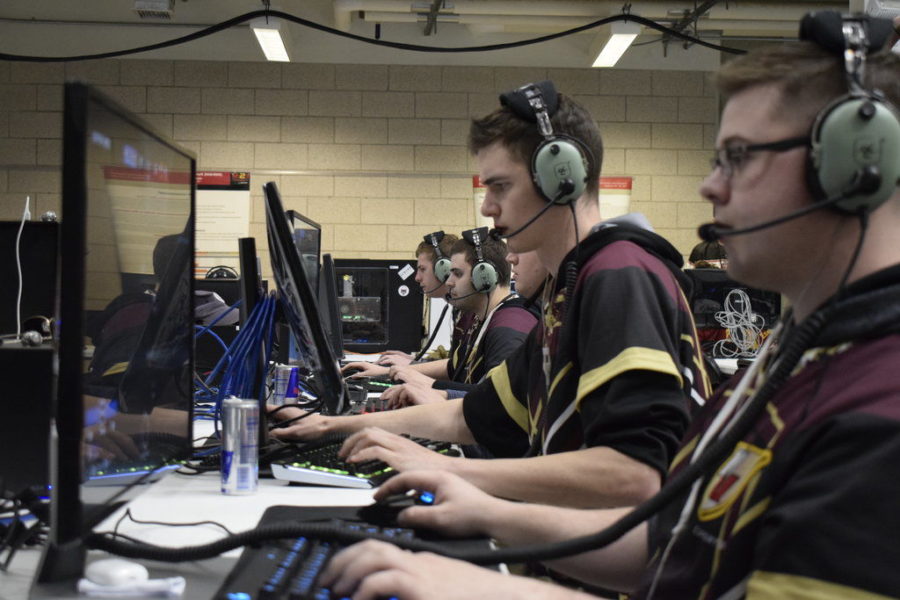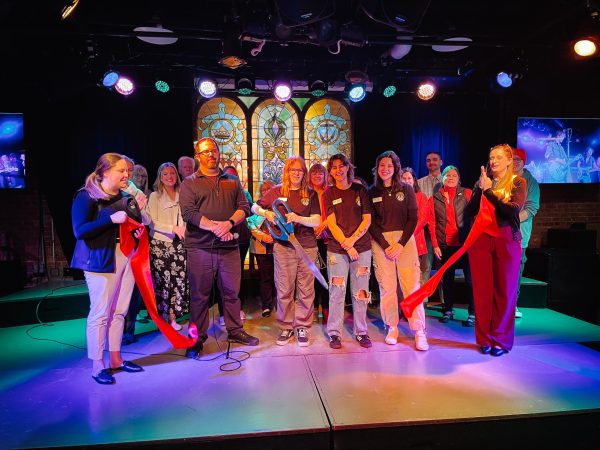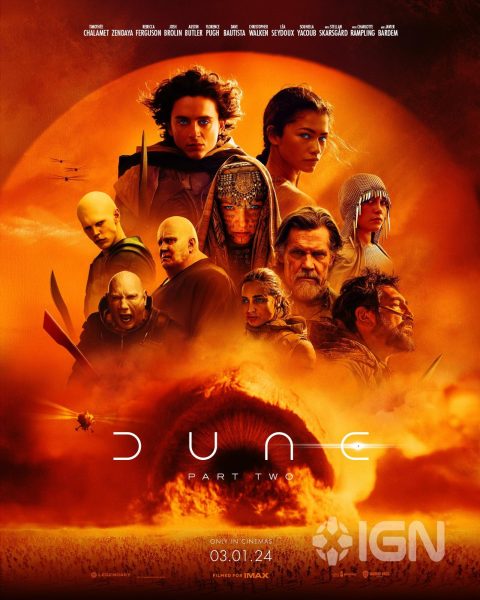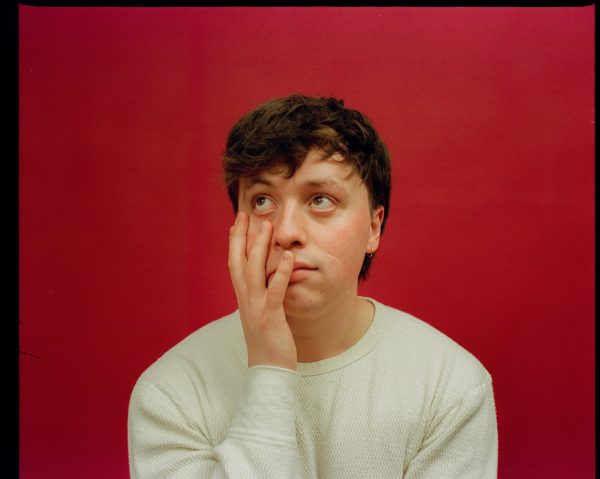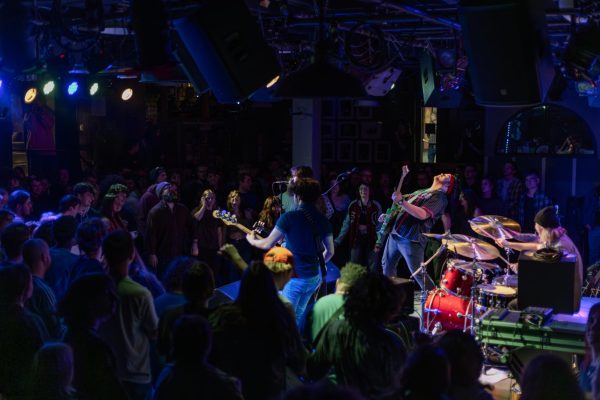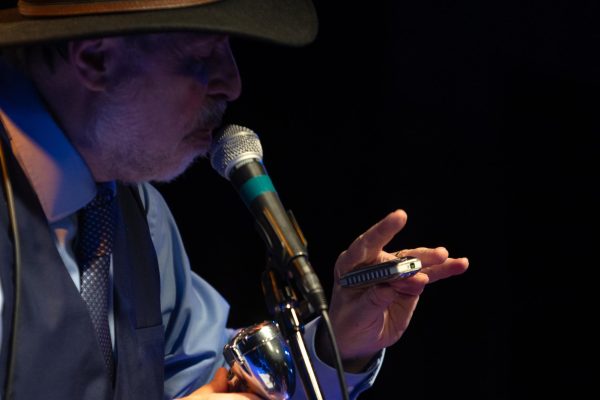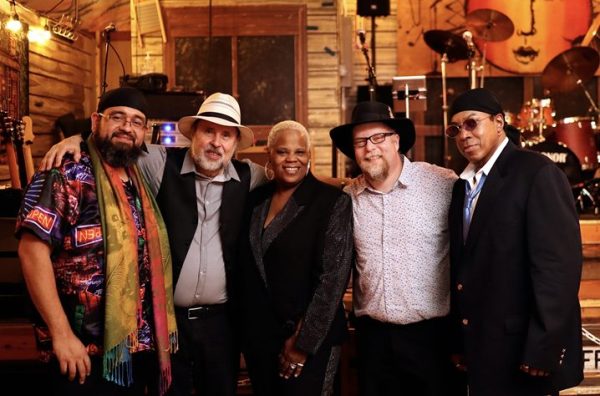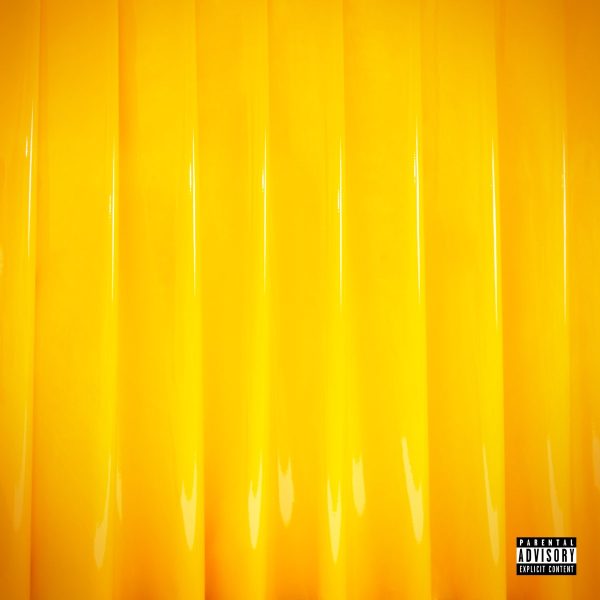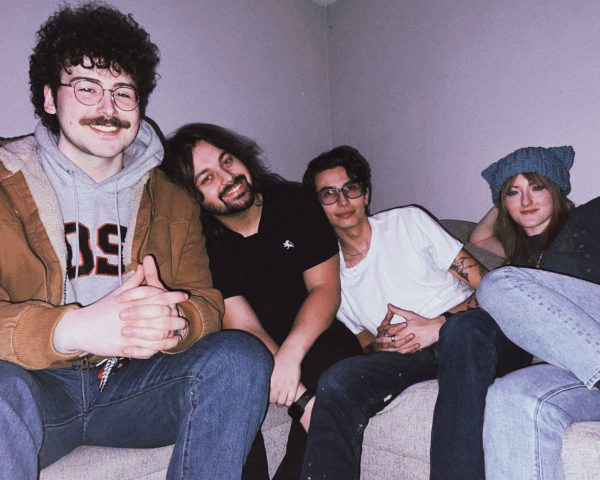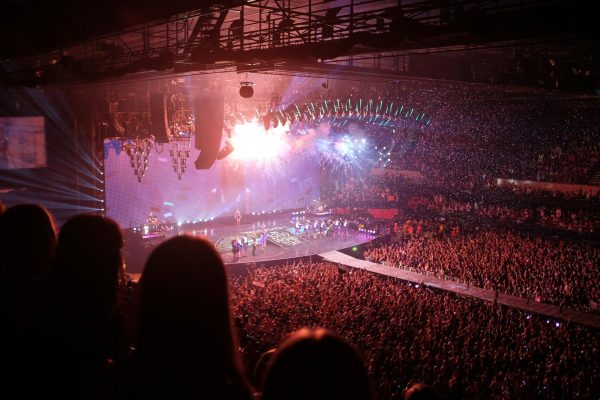Students and faculty show support for esports movement
October 14, 2019
For the past year, students and faculty at Iowa State have been working to get a new program off the ground. This program supports students wishing to play their favorite video games at a competitive level.
This scene is a growing global phenomenon called esports, which takes popular games and gives exceptional players a platform to compete and show off their skills. Games such as Counter Strike: Global Offensive, DOTA 2, Rocket League, League of Legends and Overwatch currently dominate esports viewership, with many more behind them.
Every year, countless stages are set for players and audiences all over the world to come and cheer on their favorite teams, whether it be live in person or on a screen at home.
The scene doesn’t just stop at the professional level. Over the past few years many universities across the country have been giving more support to this new esports phenomenon. Universities such as Miami University of Ohio, Boise State University and Georgia Southern University are only a few of the top tier schools seeing support for esports as important. These schools provide money for travel, spaces for students to play, resources to grow their skills and even scholarships for players to be on their teams.
Much of this collegiate esports expansion is due to the popularity esports has gained worldwide. Global viewership for esports events has passed popular national sports networks in the United States like the NFL and NBA. The 2018 League of Legends World Championships reached a top viewership of more than 200 million people at one time, which is nearly two-thirds of the United States population.
At Iowa State, a group of students in collaboration with a supportive team of faculty are behind the growing esports movement.
A student club formerly known as Game Renegades was a collection of students on campus who enjoyed playing and competing in video games. In the earlier years the club was static, mostly just there to give their members a place to meet up every now and again and connect with other students of similar interests.
Fast forward a few years and the club, now lead by Henry Larson, senior in computer engineering, has grown substantially and new events begin to pop up every year, including monthly small local gaming events called LAN (Local Area Network) parties and structured formation of students into competitive teams.
One of the club’s biggest events so far, called Open LAN, happened in the spring of this year and brought hundreds of students from different universities across the nation to come and compete at Iowa State in a wide array of different games.
Coming up to last year, a few Iowa State faculty members began toying with the idea of bringing a more serious look to esports at the school. Headed by Jason Vlastaras, associate director of Recreation Services, a Leadership Council was formed with a team of professionals from a variety of different departments to be a source of guidance to where this new movement should be headed.
“This has been completely student driven,” Vlastaras said. “Yes, we are supporting, building spaces, but even so, the space was designed by two of our former studentS. So, I have a lot of faith in this project because it has has such great student involvement, and student support.”
The other members include Jim Oliver, director of the Student Innovation Center, Casey Smith, Student Services specialist, Larysa Nadolny, associate professor of education, Doug Gentile, professor of psychology, and Jarad Niemi, associate professor of statistics.
Their contributions have not been the oversight and direction of the students driving the esports movement, but in support, including finance for travel and events, guidance in plans going forward and the approval of a gaming space to be made in Beyer Hall.
“The council specifically was created to have representation from students, faculty staff and University staff,” Vlastaras said. “One is to help support on of our projects, which is to build a video game space for our competitive esports teams and a drop-in space, all in the same area, for people to come recreationally play video games, along with many activities that involve video games as well as research that involves video games. So with all of those things going on we wanted this council to be a helpful guide for the club and other people on the campus who are doing things involved with gaming and esports.”
This space, according to the faculty members of the council, was made in order to begin giving direct support to students interested in competitive gaming by having a physical space for them to drop-in, practice with their teams and socialize with other students who have the same interests, as well as have direct access to the school for anything they may need.
The esports movement does not come without hesitations and concerns. Vlastaras and Gentile said the negative effects of video gaming are an absolute importance to be aware of as they go forward. The potential for competitive gaming to be used as an outlet and negatively affect a student’s academics, social life and health are cautions both the council and student club keep aware of.
Gentile specifically recalls a decision made by the World Health Organization in May classifying the abuse of gaming as “gaming disorder.” So, in order to avoid any problems this may have, students and faculty alike are making plans to not only support the idea of competitive gaming itself, but also the players behind them. Things like the gaming space in Beyer Hall is an example of this.
“Although games can have many benefits, they can also cause some problems,” Gentile said. “The World Health Organization recently recognized gaming disorder as a legitimate medical condition. That is, some people can damage their grades, their work, their relationships and their health because of the way they play. So as the university moves toward supporting games and esports, we need to also support the gamers so that the gaming doesn’t get out of balance and become a serious problem.”
On the opposite spectrum, Nadolny, who has been researching the effect of gaming on education for a few years now, believes there are positives gaming can bring to students.
“The research that I’ve done over the past few years have always been overwhelmingly positive towards learning in gaming,” Nadolny said. “Even games that may not be made specifically for education can increase skills that can be used both in everyday life, and in a profession. Shooter games, for example, can increase spatial awareness skills.”
But the danger of abuse is certainly possible. Students and faculty hope to use the esports space being built as a direct connection to gaming students. This connection can provide those who may need it with help, as well as guide them to resources in order for them to continue to be successful academically and competitively.
Moving into the future, the students at the club, now called ISU Gaming and Esports Club, hope to be able to make competitive gaming a staple program in the university, with the movement moving faster in growth and support than anything else in the university before.

